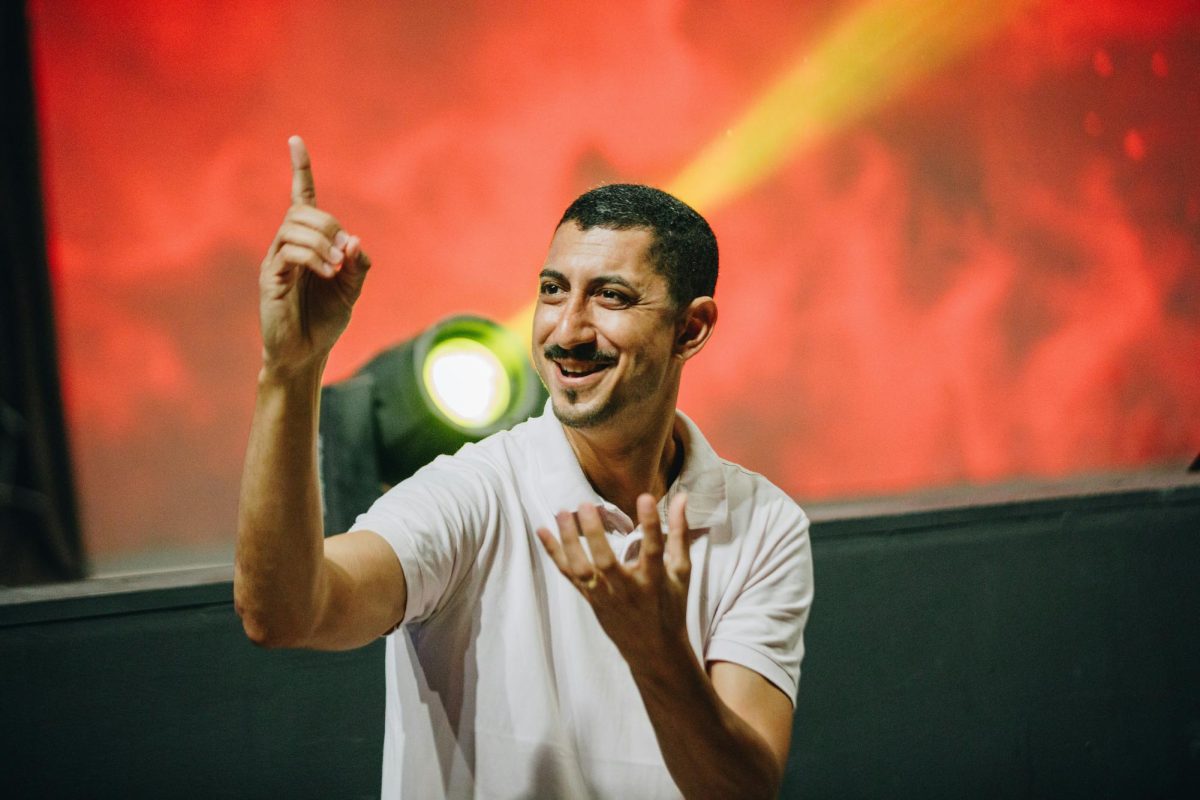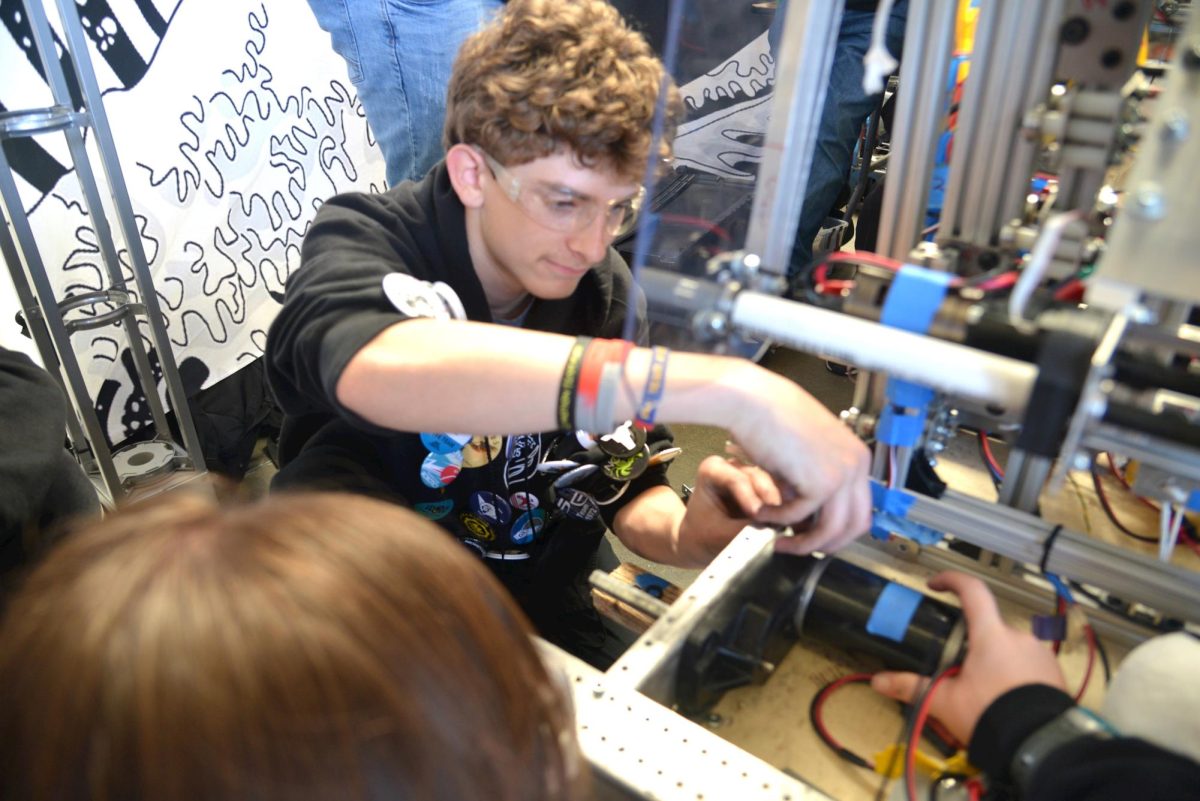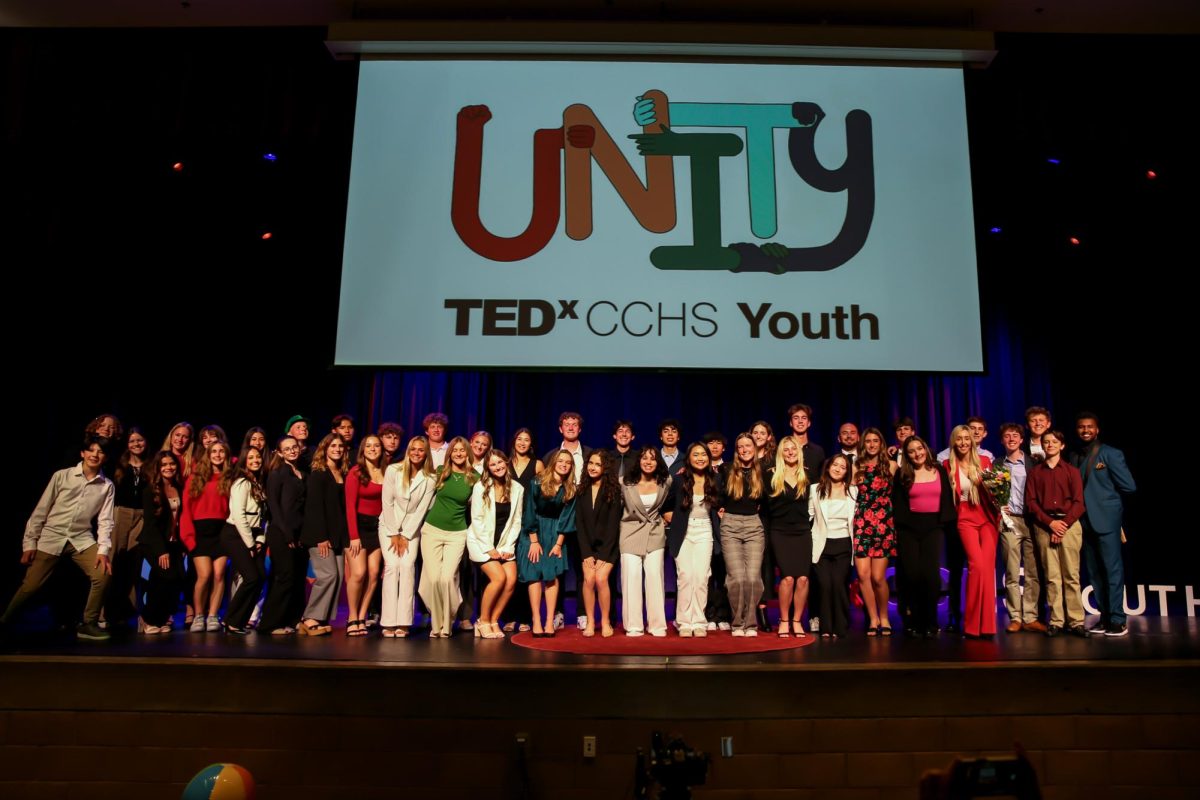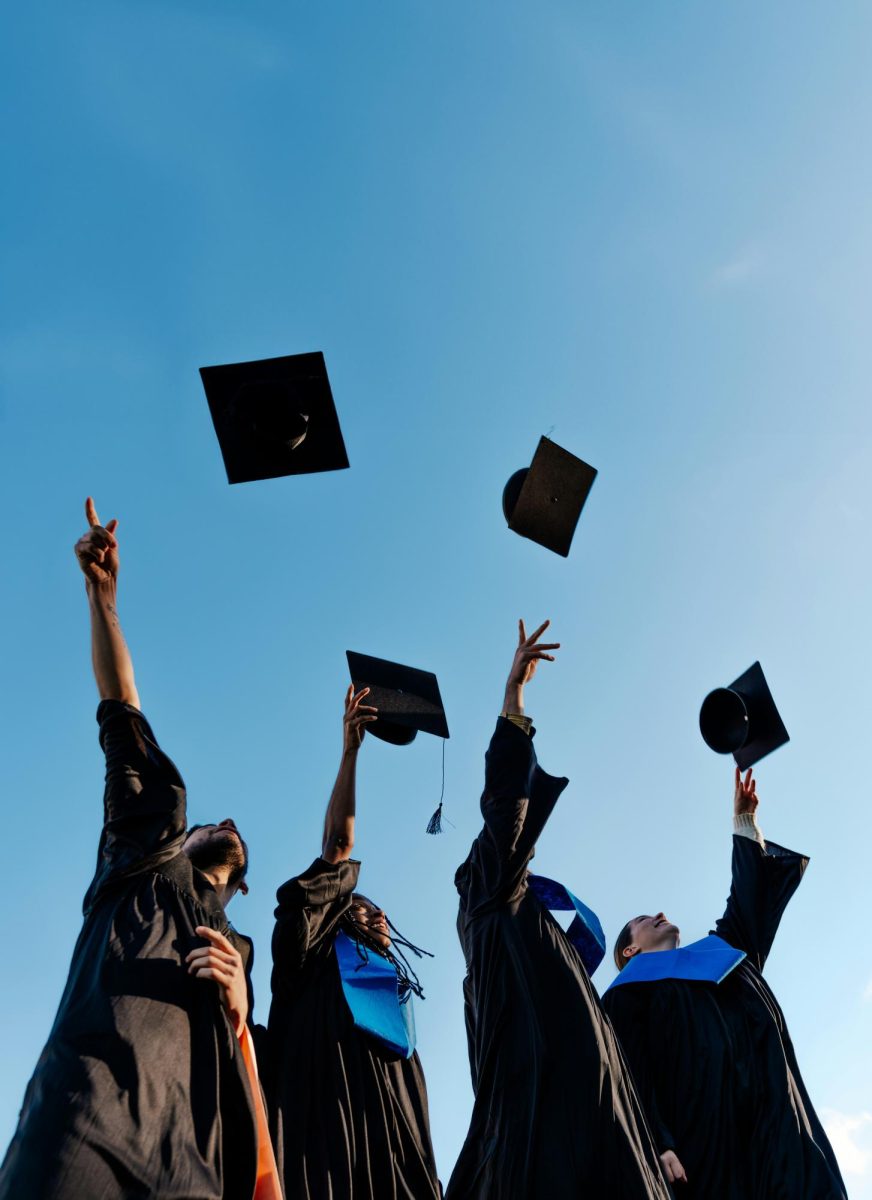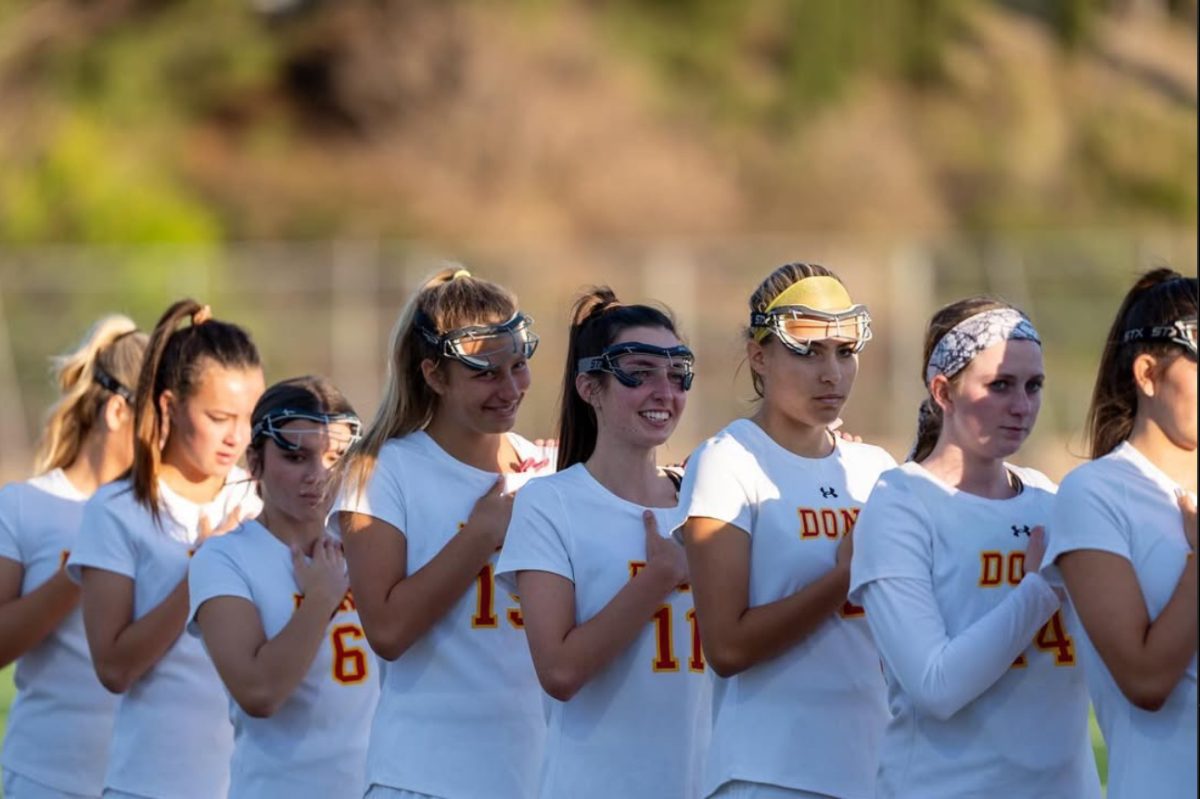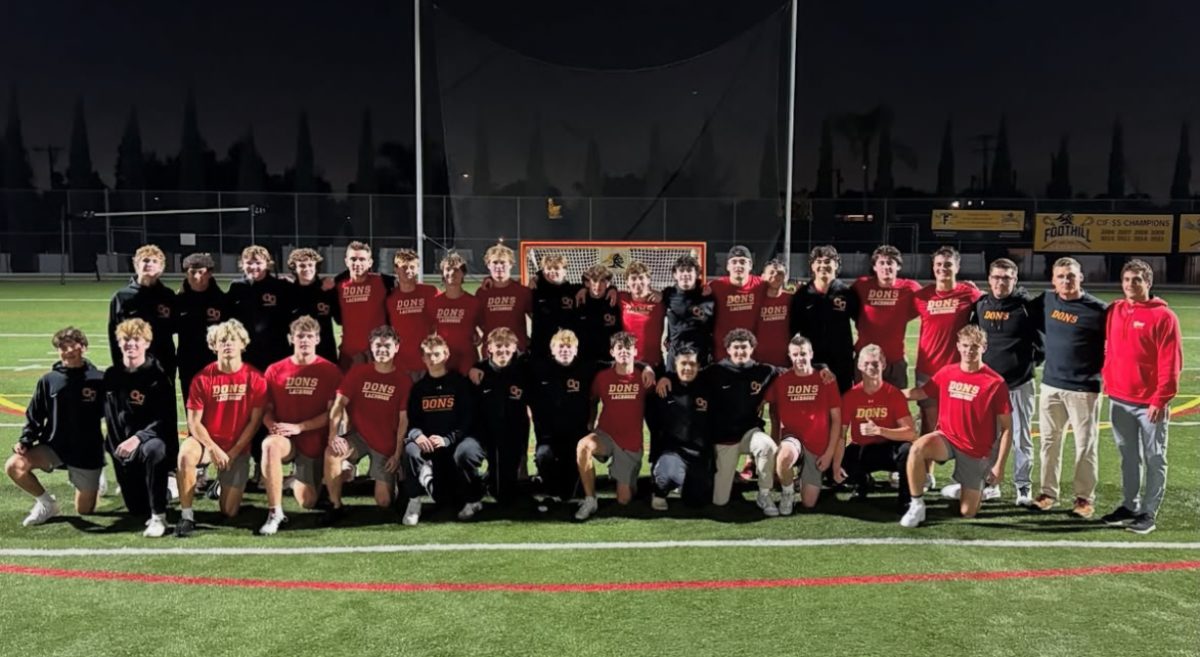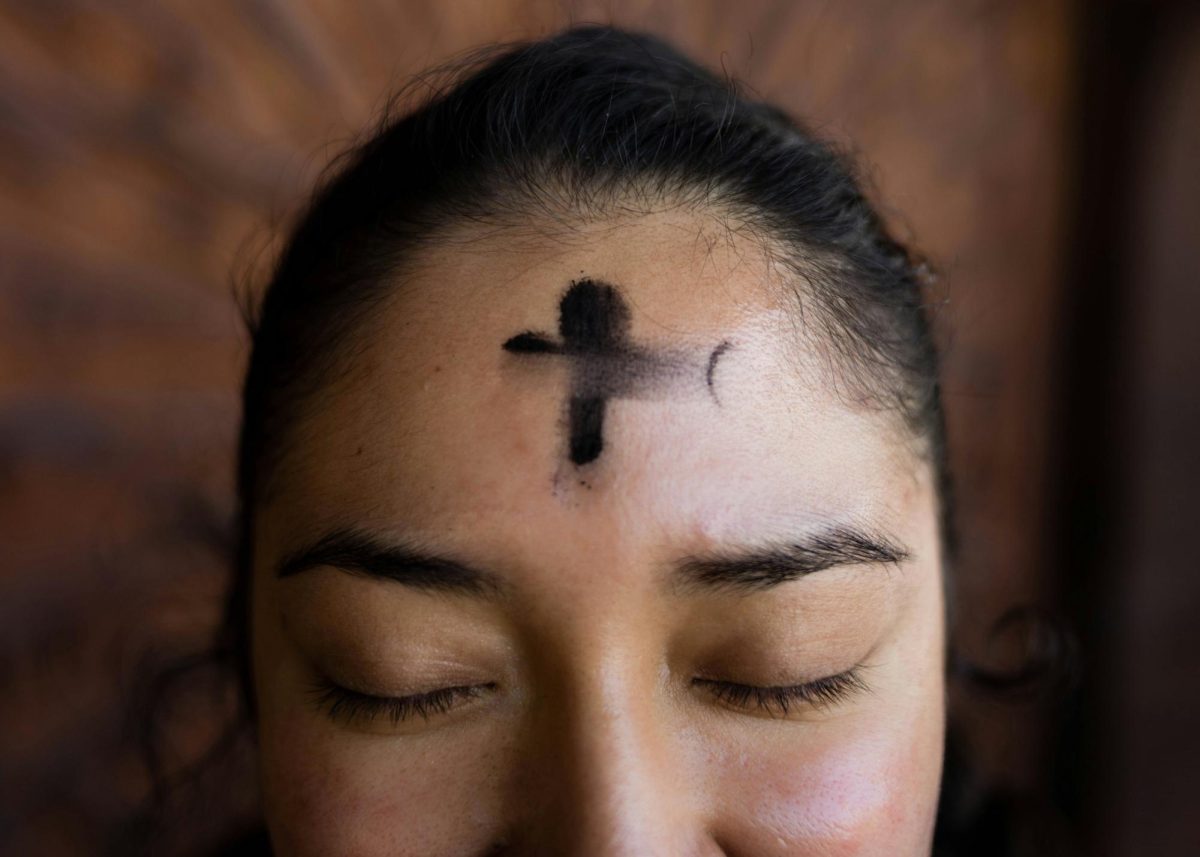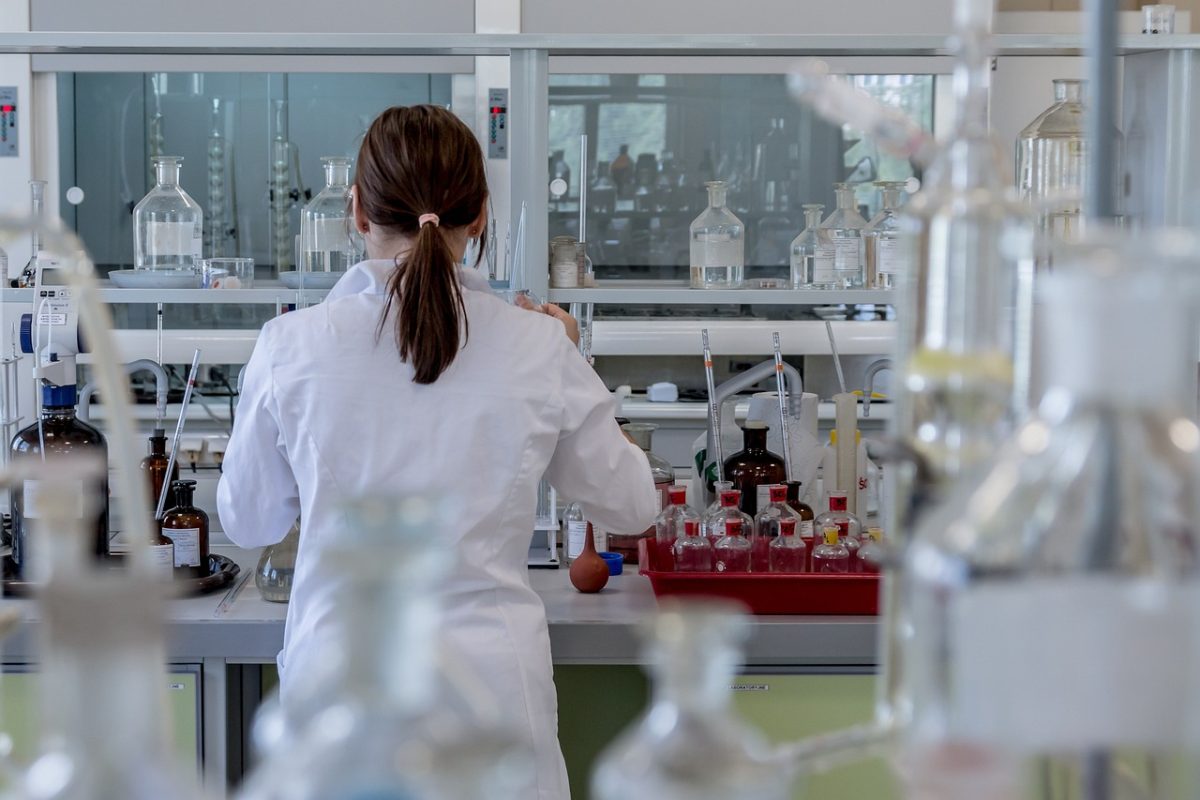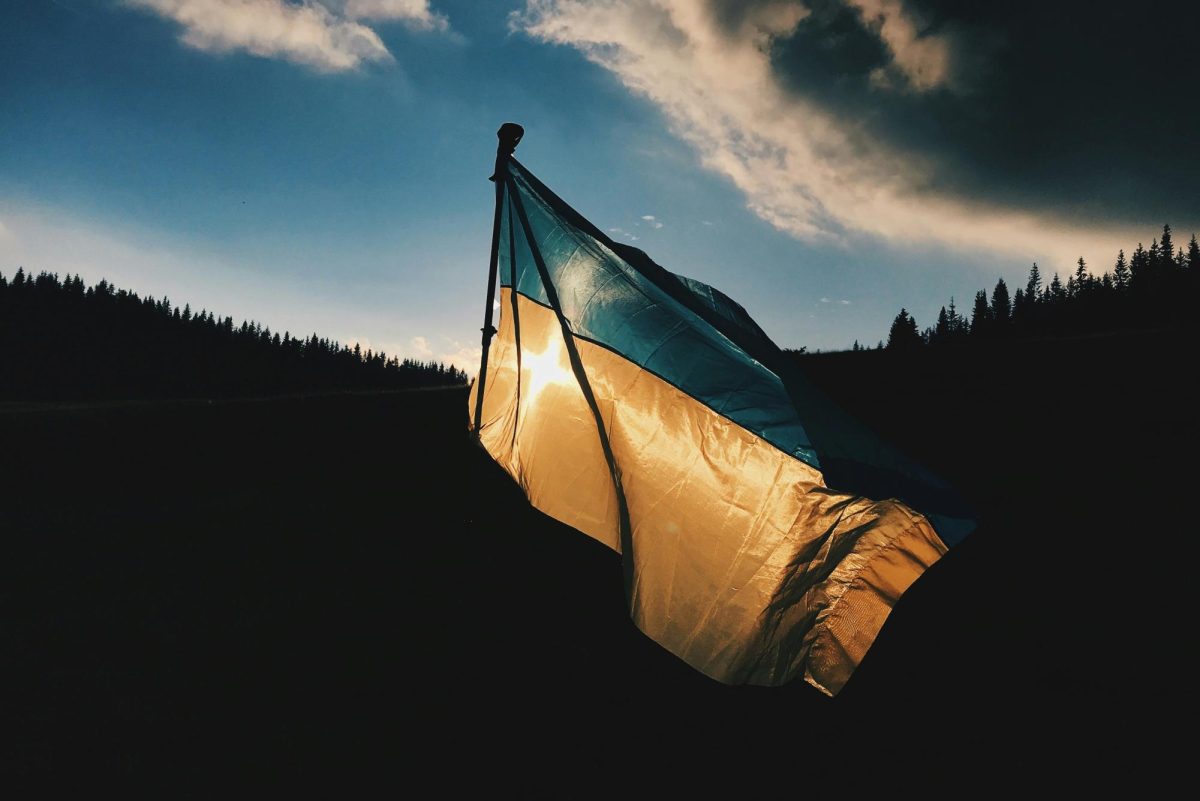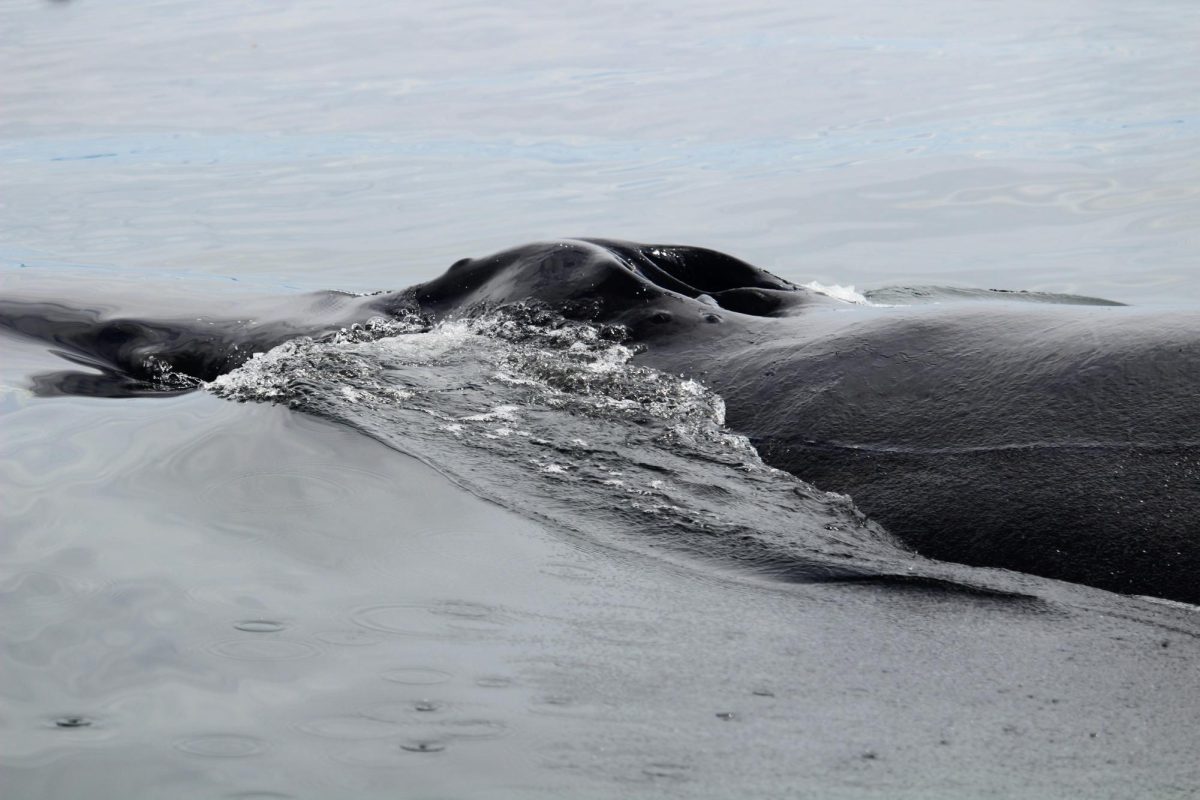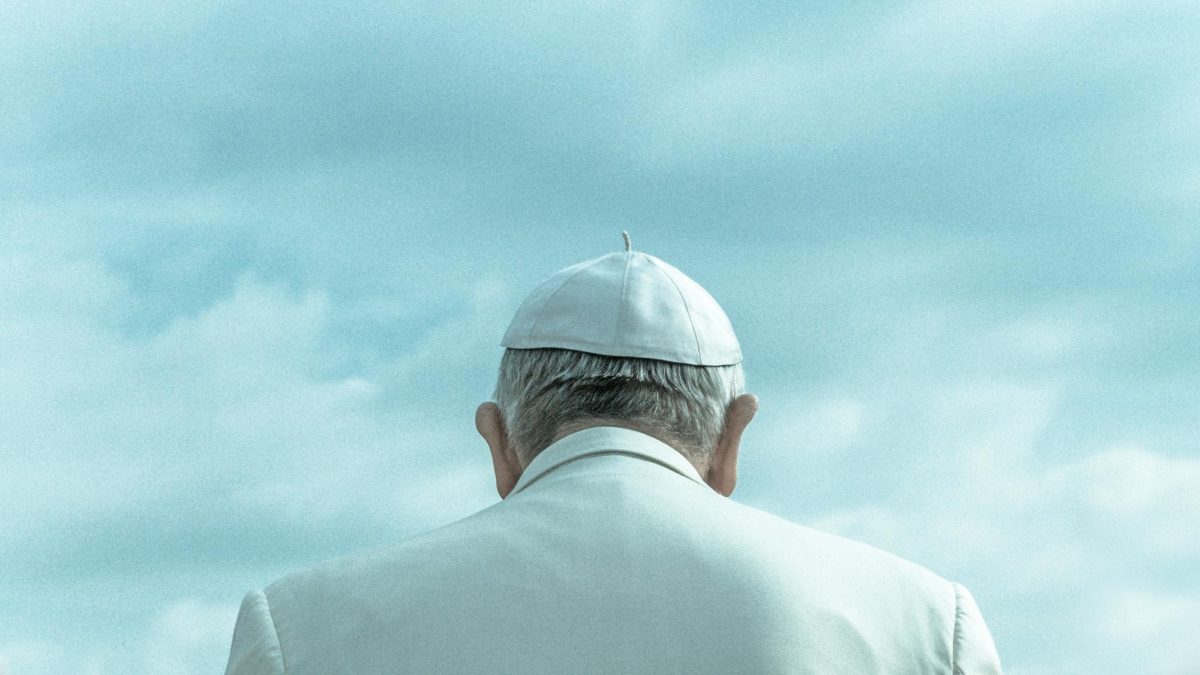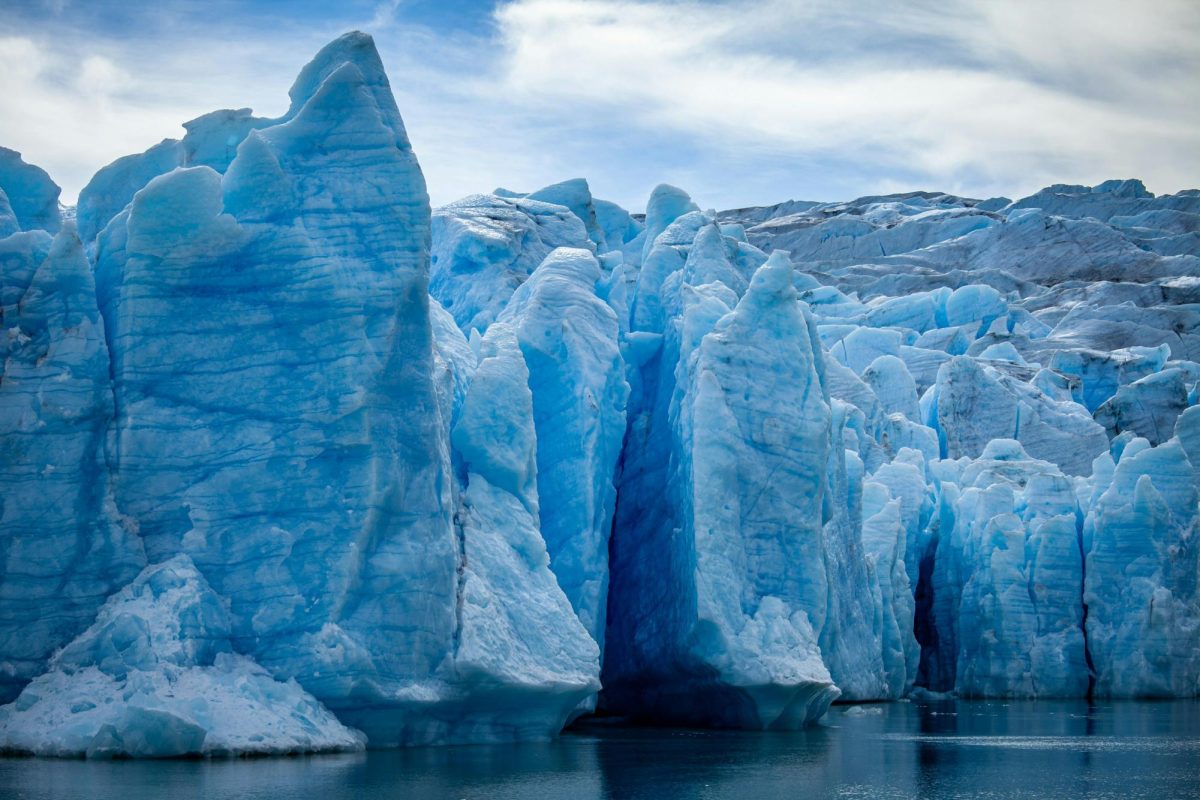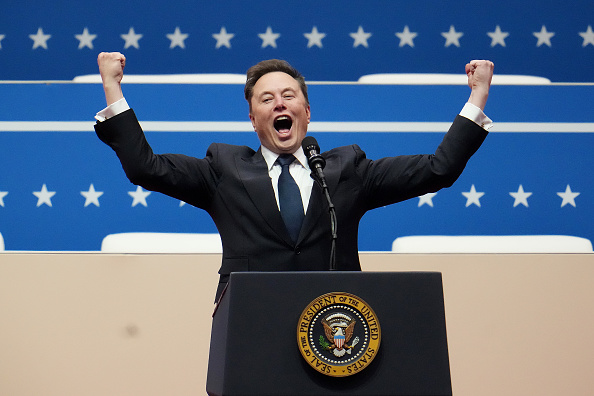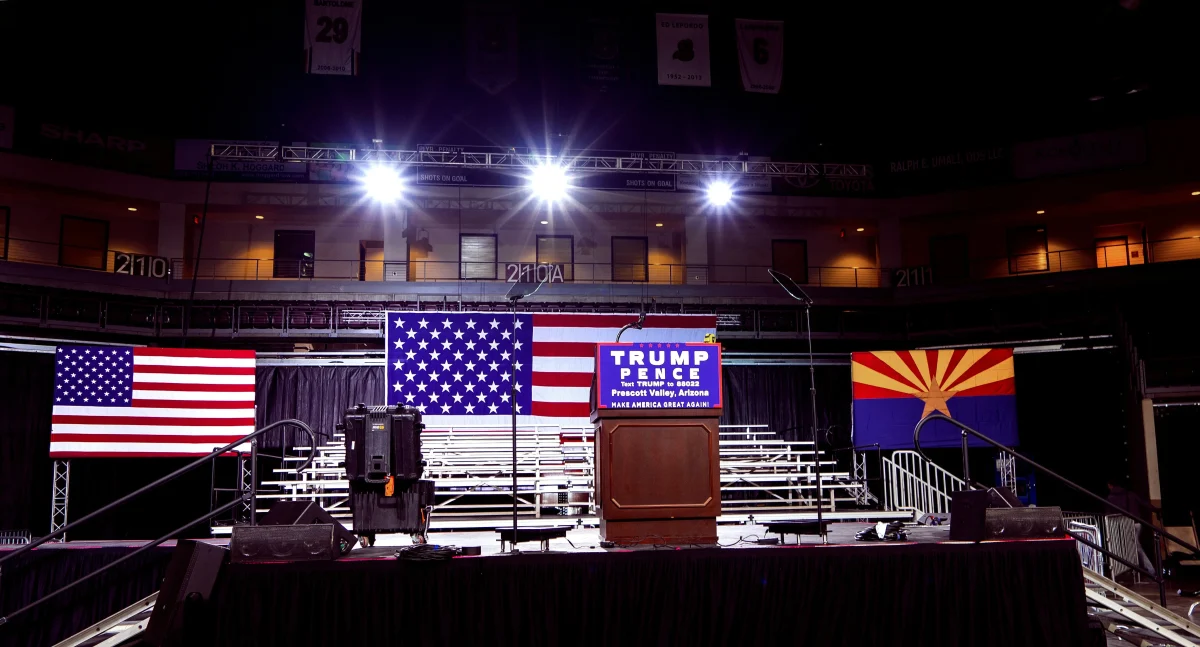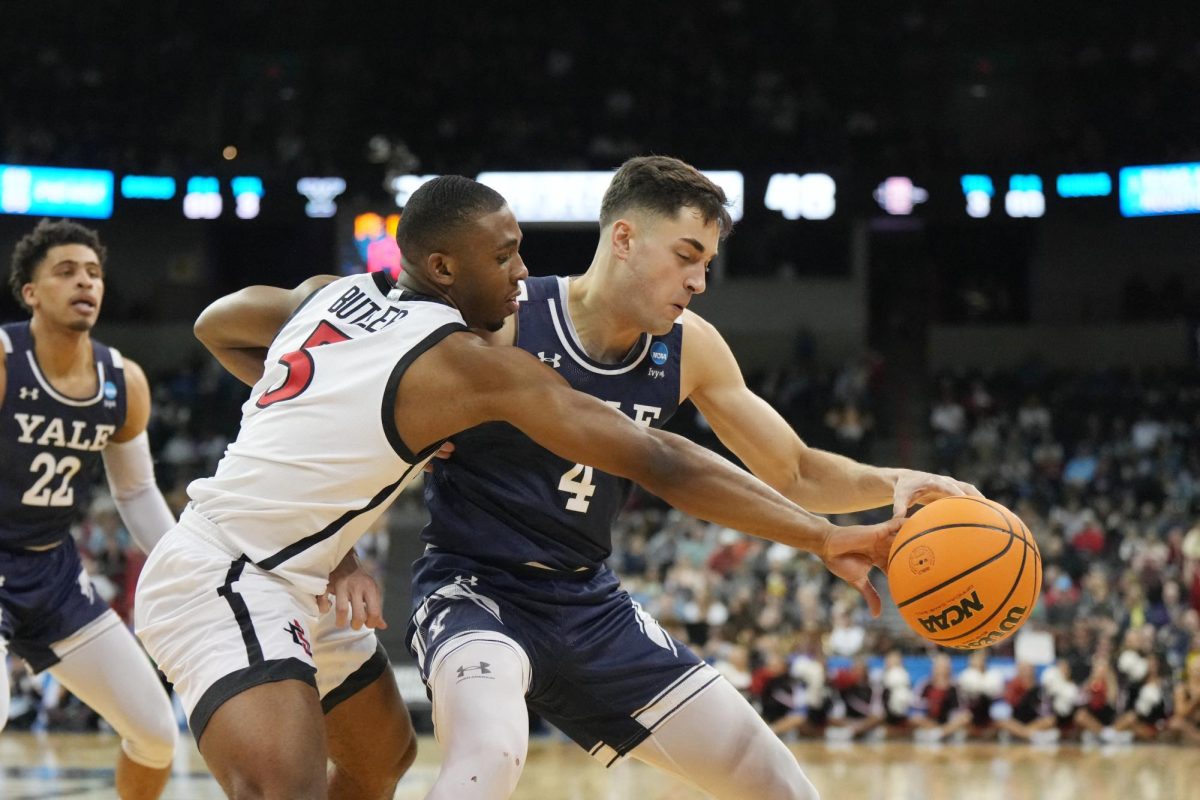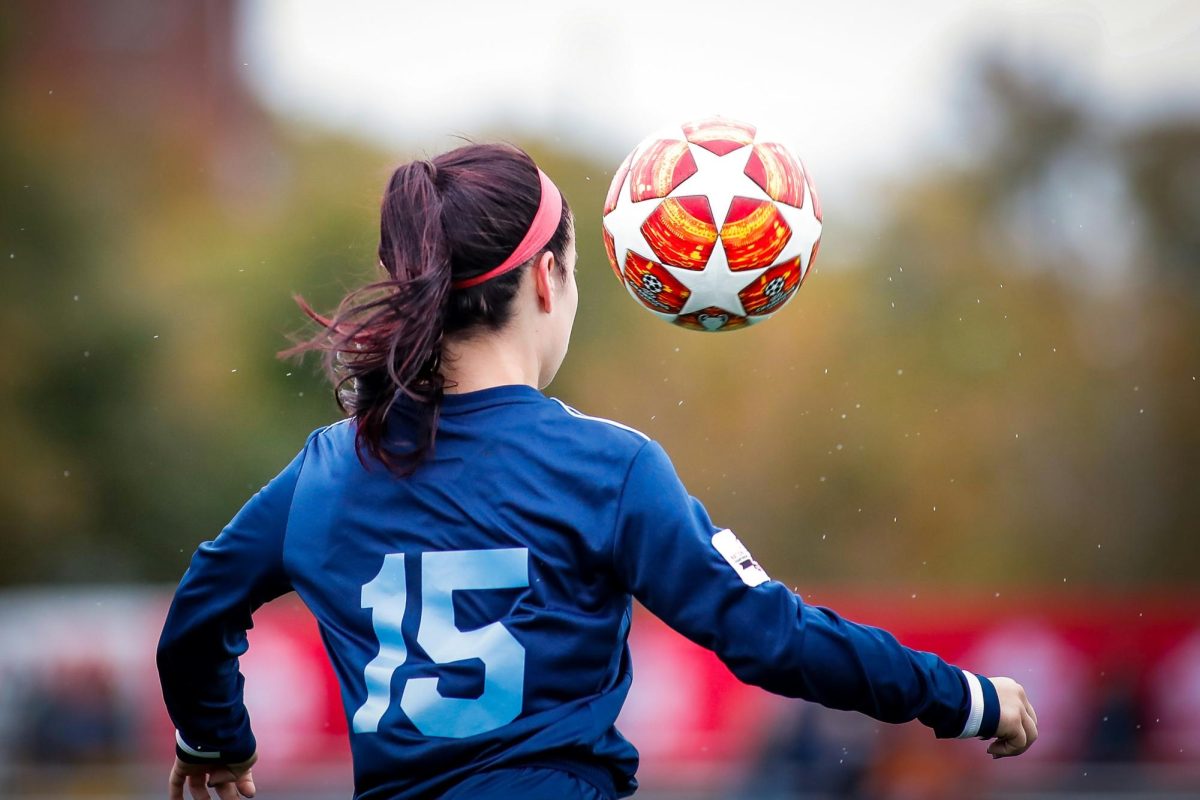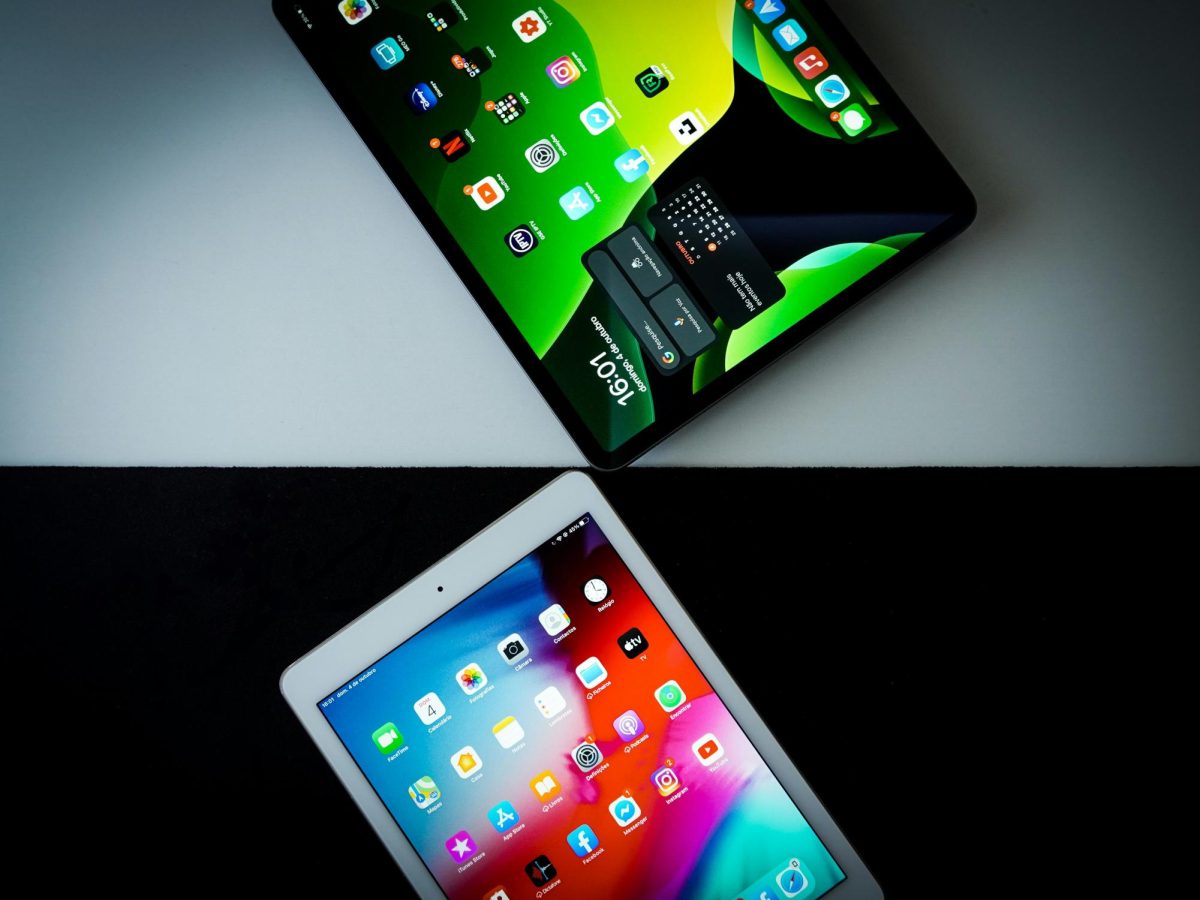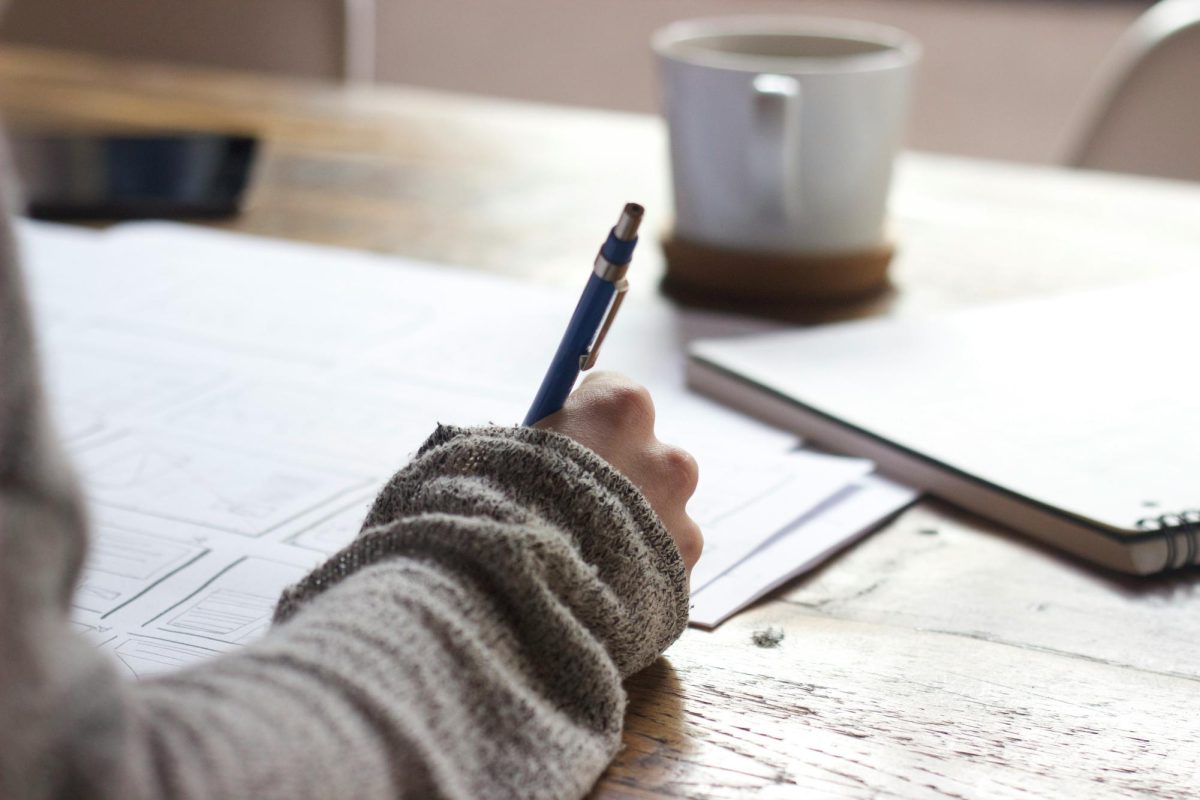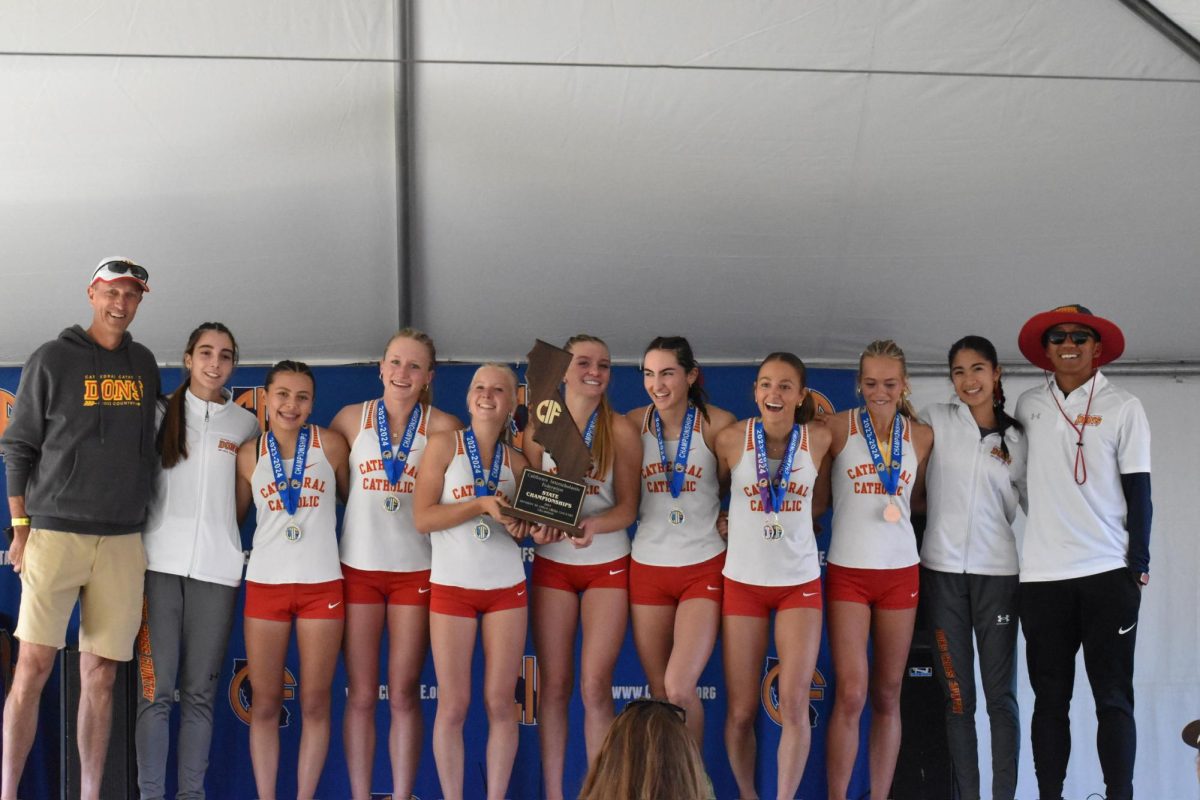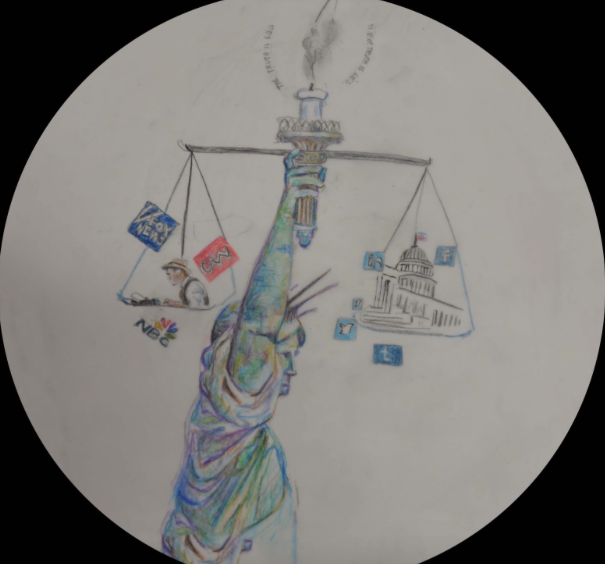When the watchdog fake sleeps
The Statue of Liberty flame, which symbolizes justice and liberty, seems to be unlit due to the Fourth Estate’s journalistic malpractice and other parties’ media manipulation.
As an aspiring journalist, I am distressed.
As an American citizen, I am worried.
And as a firm believer in democracy, I am fearful of the silencing of America’s media and the wrongdoings of various newsmakers.
While the criticism and condemnation of U.S. journalists has existed for as long as there has been a free, vibrant press, modern journalists are under siege more than ever before in the course of American history.
The Fourth Estate, which the Founding Fathers coined our free press as a way to equate it with the executive, judicial, and legislative branches of federal government, has not earned its tarnished reputation single-handedly, but that same reputation fosters harsh repercussions for democracy, freedom, and liberty.
“I can only speak for my career as a journalist and my time as a student over the past 20 years, but it does seem like there’s more criticism of the media as a whole these days,” San Diego’s NBC weekday morning anchor Mr. Greg Bledsoe said. “That’s not necessarily a bad thing. I’m okay with criticism. We need to be held accountable. So, if the criticism is valid and points out a bias or a mistake, that’s fine.
“Valid criticism can make us better journalists.”
The valid criticism Mr. Bledsoe refers to should be welcomed when truths are slanted and lies are produced. The problem, however, is when journalists are castigated for attempting to decipher the truth and to report the facts.
“It’s fair game to bash inaccurate reporting,” NBC News San Diego anchor Mr. Mark Mullen said. “The press daily tells others what they are doing is wrong. So, when reporters screw up, they should be called out. Granted, I am going to defend my own profession, but I do believe the press is held to a stricter standard.”
Responsibility for falsehoods produced by the media rest with multiple parties. Obviously, the media should be held accountable for reporting fake news, but people believe more parties are at fault.
According to the Pew Research Center, 45 percent of American adults believe the government, politicians, and elected officials are mainly responsible for preventing fake news from gaining traction. Moreover, 43 percent of American adults think the public is responsible, and 42 percent say social networking sites and search engines are culpable for the spreading of fake news.
The 42 percent who blame social media and search engines were justified many times during the recent presidential election due to the plethora of fake news spread, including the major Facebook controversy of false reports instituted through the Russian presence that smeared candidates’ reputations.
Facebook became aware of the false news spread on its site soon after the election.
“It’s abhorrent to us that a nation-state used our platform to wage a cyberwar intended to divide society,” Facebook product manager Mr. Samidh Chakrabarti said in a recent Facebook post.
Russia’s attempt to interfere with an American presidential election through social media propaganda exhibits the intense dangers of fake stories maintaining influence. The meshing of opinions and facts on mass media platforms presents the fragileness of our democracy due to its ability to shape opinions with lies.
To no surprise, the peak of online media coinciding with the current political climate likely produced a large portion of the current attack on the Fourth Estate.
“Technology has made sharing information both easier and harder,” Mr. Mullen said. “It’s fascinating to tap into a live social media feed in the middle of some social movement, and basically, in real time, witness history. At the same time, technology is not journalism. It is just a tool.
“The challenge today is [that] with so many platforms as opinion-based content providers, it’s increasingly easier to seek out and consume only material you agree with.”
The Fourth Estate’s duty includes acting as a watchdog of the government for the people, which leads to an influence over its consumers. Consequently, many of America’s leaders and elected officials enjoy media bias if it acts in support of their politics. This situation leads to politicians attempting to delegitimize sources that criticize their politics.
The most glaring example of media denouncement came for U.S. President Donald Trump.
In 2017, Trump boasted his incrimination of the media in an interview with former presidential candidate Mike Huckabee.
“The media is really one of the greatest of all terms I’ve come up with, fake,” President Trump said. “I guess other people have used it perhaps over the years, but I never noticed it.”
The fake news term President Trump refers to in the interview will live in historic infamy with this presidency due to its continuous use by his administration. A few of the prominent news outlets President Trump labeled fake in the past year include The New York Times, The Washington Post, ABC News, NBC News, and CNN.
Along with the delegitimization of credible outlets, President Trump also has retweeted news from biased sources, only amplifying the fake news conundrum.
During his campaign for president, President Trump retweeted Alex Jones, the host of Infowars, who has promoted flagrantly false claims, including intimating that the Sandy Hook shooting was a hoax and that former U.S. President Barack Obama is an ISIS sympathizer. Along with retweeting posts by Mr. Jones,President Trump also has retweeted anti-Muslim propaganda videos posted by the far-right nationalist group Britain First.
Although citizens believe the culpability for maintaining a truthful media falls largely upon politicians, in actuality, much of the responsibility falls on the citizens themselves. The consumers that view the reports must share a similar savviness for finding the truth as the journalists reporting it.
“As a current journalism student, I believe it is crucial for readers and consumers to be double checking their source of news,” former El Cid managing editor and current journalism student at University of Missouri Ms. Sydney Calhoun ‘17 said. “It’s sad to say, but in this day you never know what is true and what isn’t.
“So, I definitely think finding second opinions or sources helps.”
The hesitance with trusting the first source, which Ms. Calhoun explains, demonstrates the lack of trust citizens currently place in the media, along with the public’s need to be aware of what reports it shares with other people and base their opinions.
Ultimately, significant dangers arise from the public’s inability to trust the media. When the media is portrayed as not understanding the role of voice for the people and overseer of the government, it will lose credibility, which leads to the public not trusting the actual facts.
“People need to be able to trust the information they get,” Mr. Bledsoe said. “It’s what shapes their opinions, which leads to how they interact within their communities and how they vote. There is a lot going on in the world right now, socially and politically. People should be able to count on journalists to help them understand all sides of what is happening and why.
“The danger of people not trusting the media is that they’ll go elsewhere to get information, and that information can sometimes be one-sided, or inaccurate.”
Nevertheless, the fear, worry, and distress I feel regarding the current state of journalism can be relieved.
First, we need to vote politicians into office who we trust to not just tell the truth, but to promote it. Second, we need social media sites to implement more controls to avoid the spread of misinformation. Third, more journalists need to report the news, not their political agendas. Lastly, we as citizens need to evaluate carefully the truth of the news we read and share.
Our democracy depends on it.
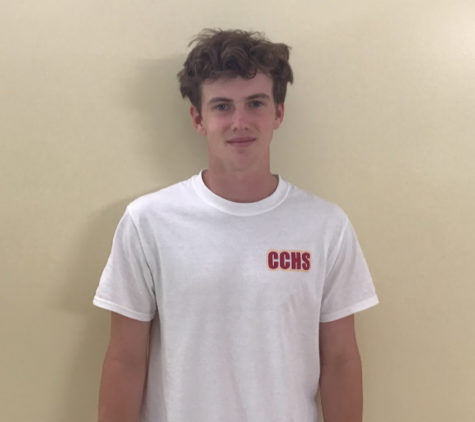
Serving as Managing Editor for two years and writing more than 20 El Cid stories prepared me for the critical role of Editor-in-Chief, where I plan to...



